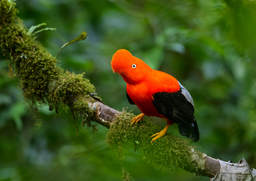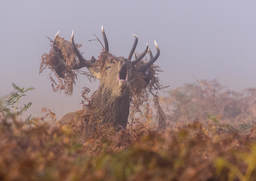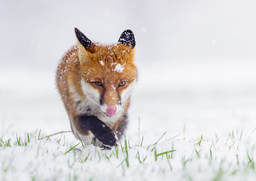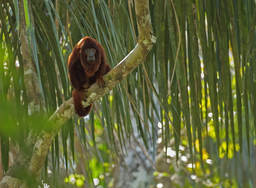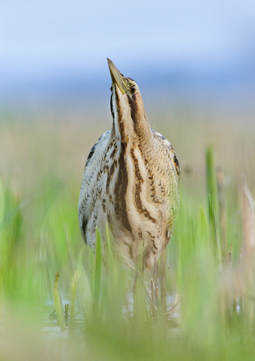
Oscar Dewhurst
My research focuses on using distance sampling to estimate population densities for bird species of central Africa’s Albertine Rift. Birds are one of the most highly monitored taxa across the world, from which we have gained significant insight into ecological aspects such as community composition and species abundance. Due to their extensive monitoring, they are also often used to study the impacts of factors such as climate and land-use change on biodiversity which are two increasingly severe threats to biodiversity. However, there are still areas that have received very little study, which lack even baseline data for the community composition of species in different habitats or estimates of population sizes. One such site is the Albertine Rift, an area of central Africa that harbours the continent’s greatest biodiversity and endemism levels, yet which is likely to face severe pressures in future, from a rapidly increasing human population and ongoing climatic change. Knowledge of the avifauna of such areas can assist in the prioritisation of sites for conservation, as well as forming baseline data against which changes can be assessed. In addition to the above, I am also undertaking a methodological study to evaluate the performance of point and line transects for bird studies, with the aim of identifying whether systemic differences exist between the two methods, as currently they are largely used interchangeably. As a wildlife photographer, I am also interested in how media can be used to draw attention to conservation issues, increase awareness, and most importantly, drive conservation change. Position: Research Masters Student in the Department of Biosciences
Supervised by: Prof. Stephen Willis and Dr. Philip Stephens Memberships: Behaviour, Ecology and Evolution Research (BEER) Centre Contact Details: Department of Biosciences, Durham University, South Road, Durham, DH1 3LE. Email: [email protected] Education
2014 - 2017 BSc (Hons) Biological Sciences, Durham University 2017 - Present MSc (Res) Biological Sciences, Durham University Selected Awards
Durham University Literature Review Award, 2017 |
